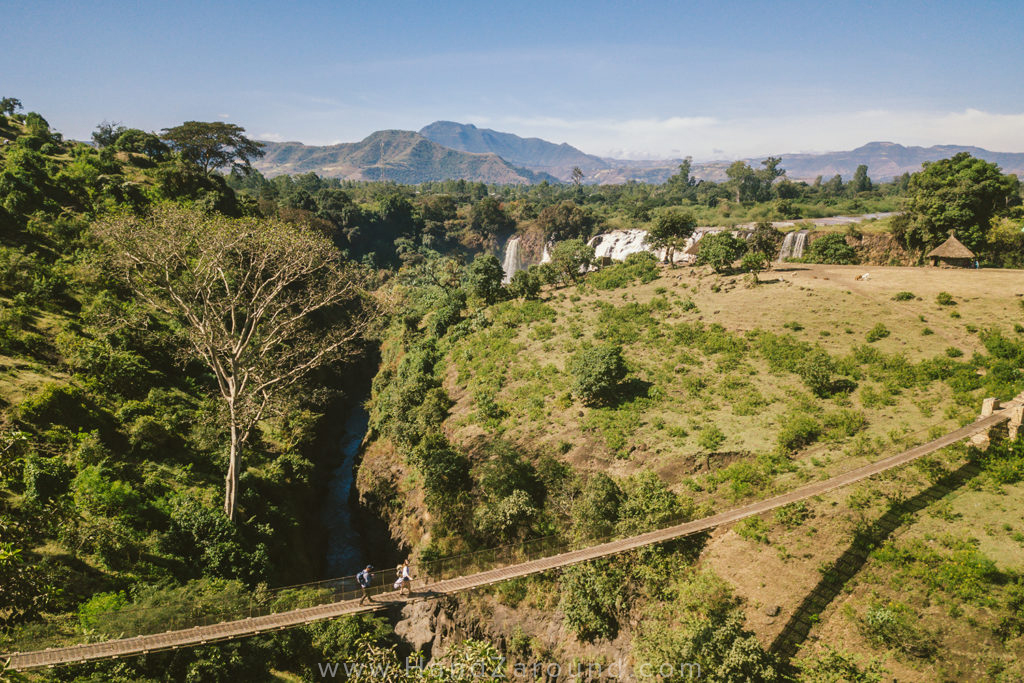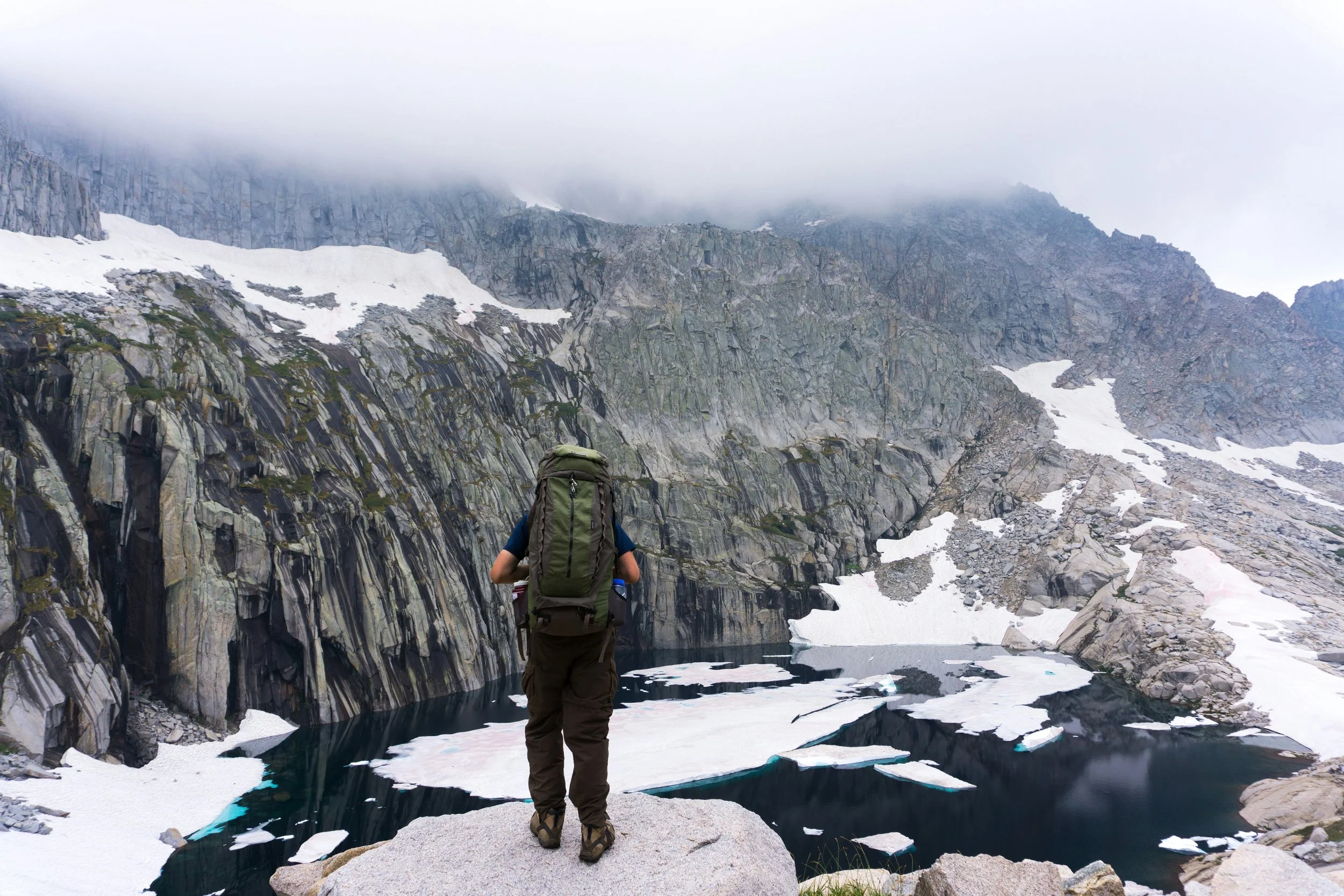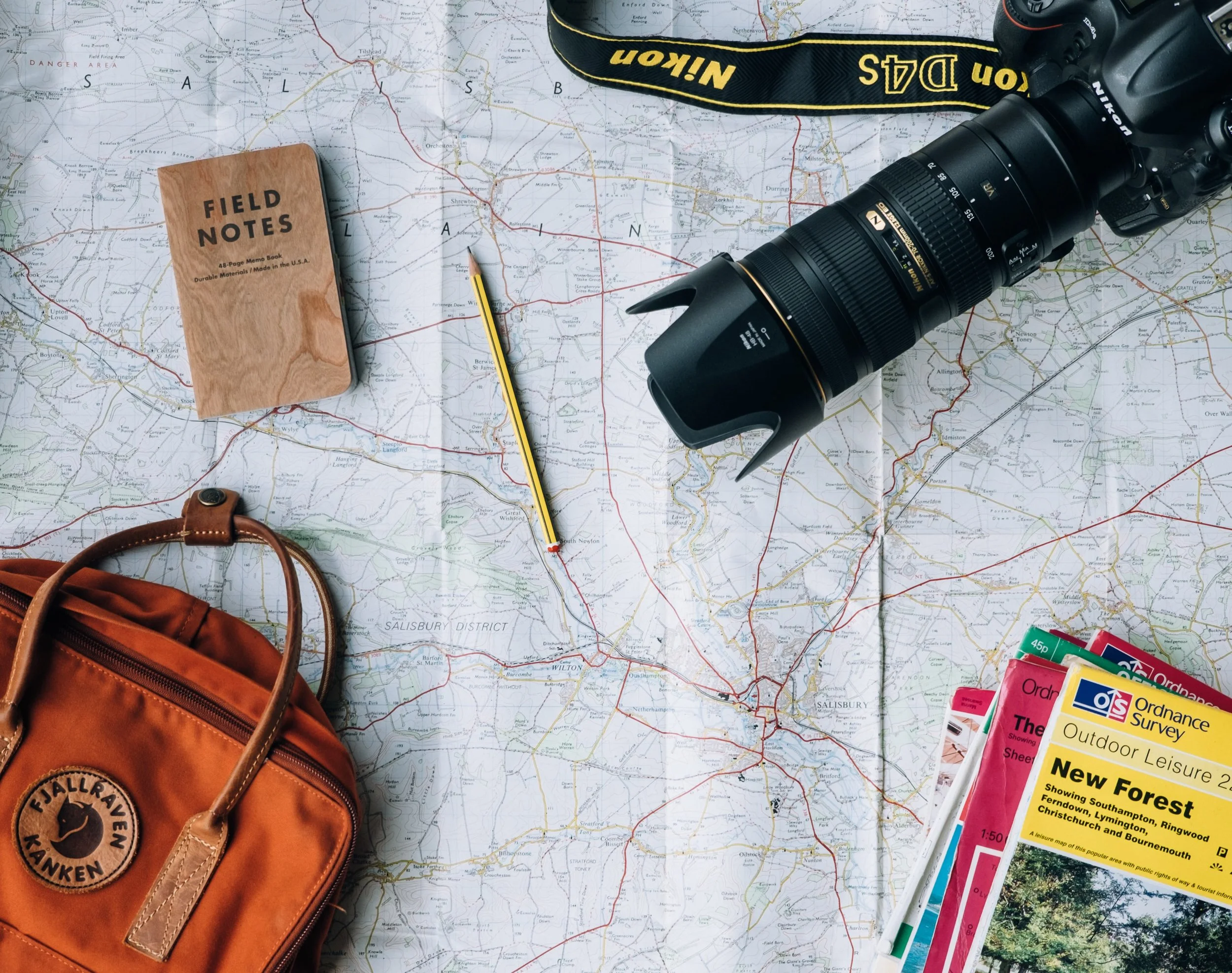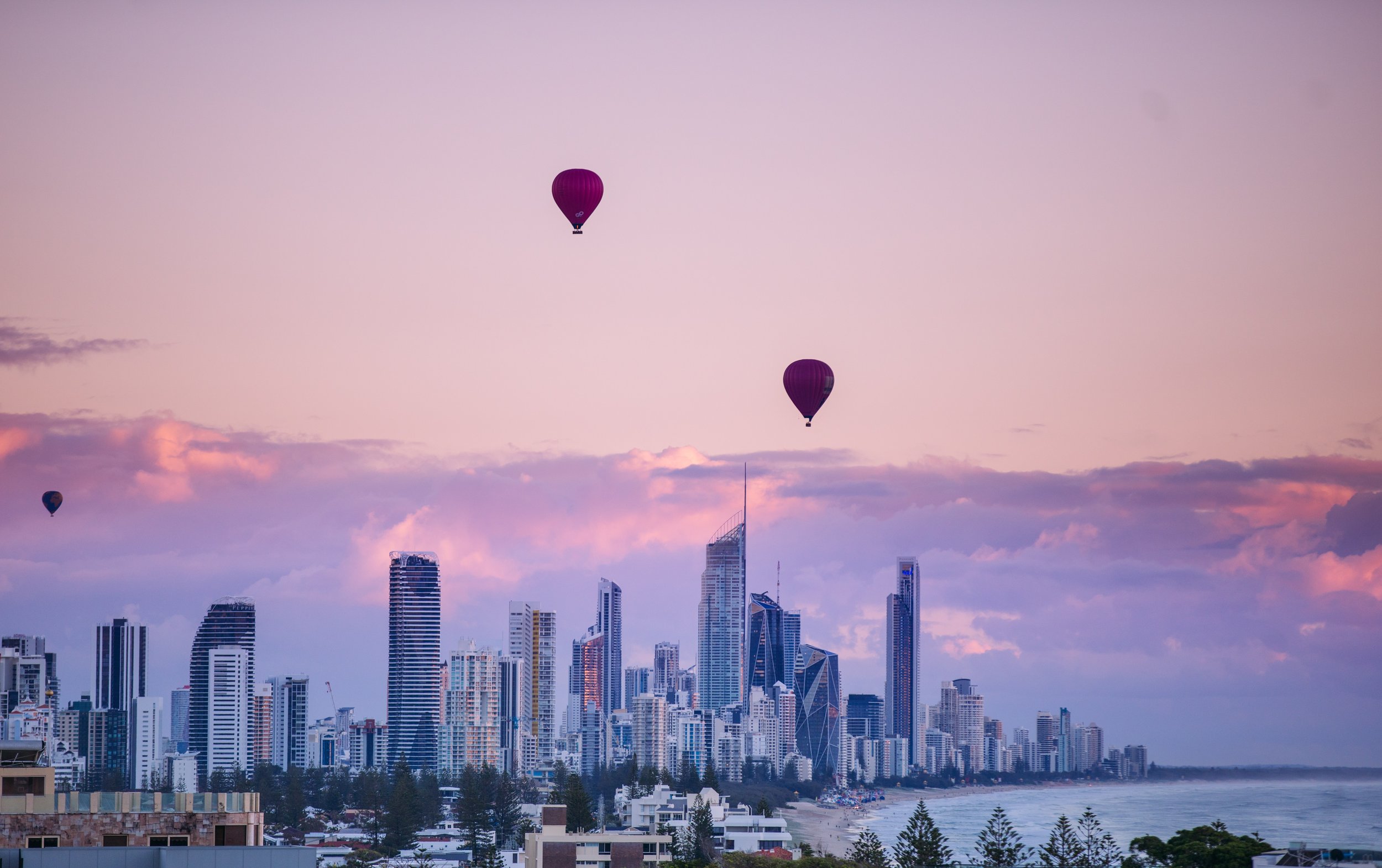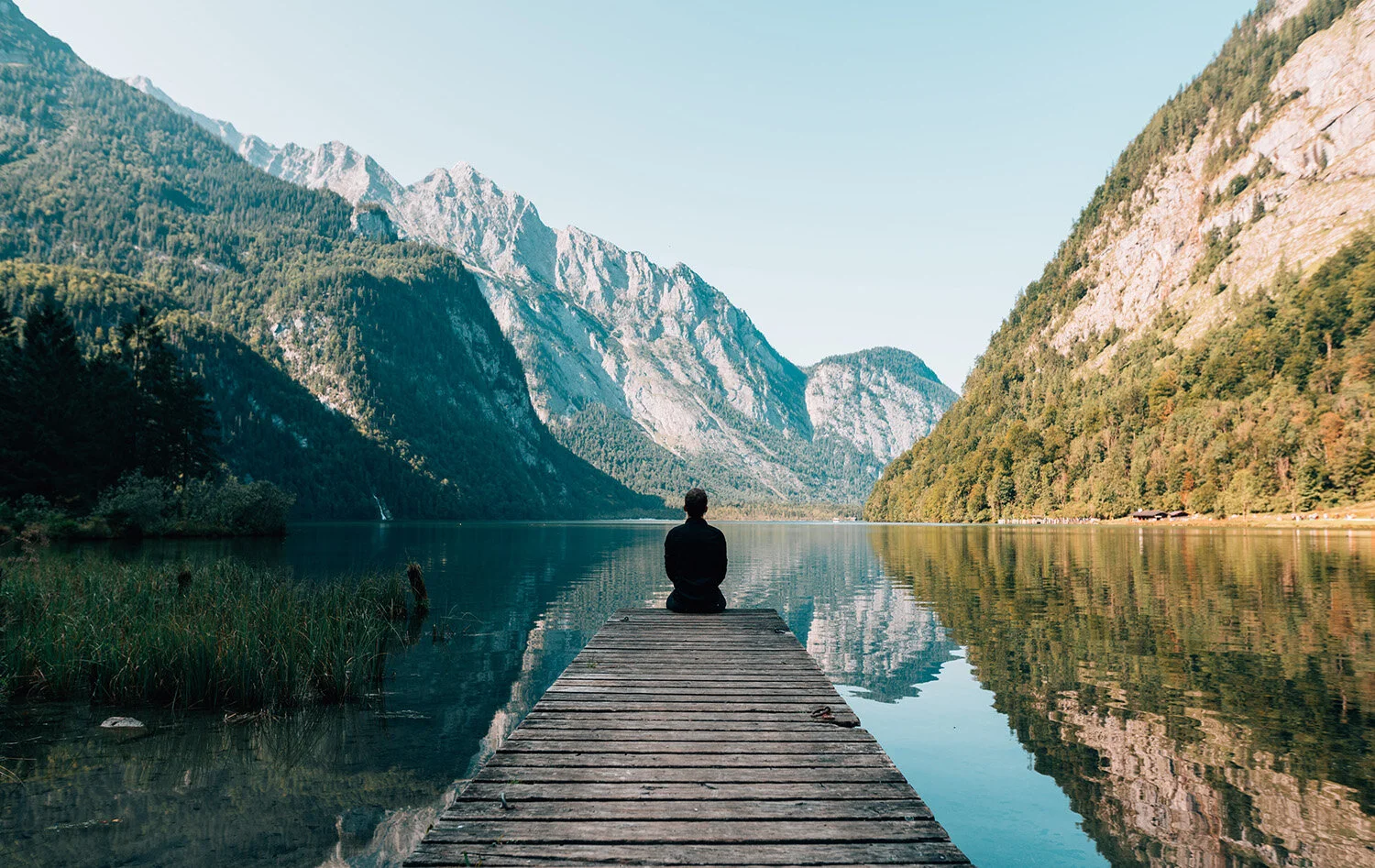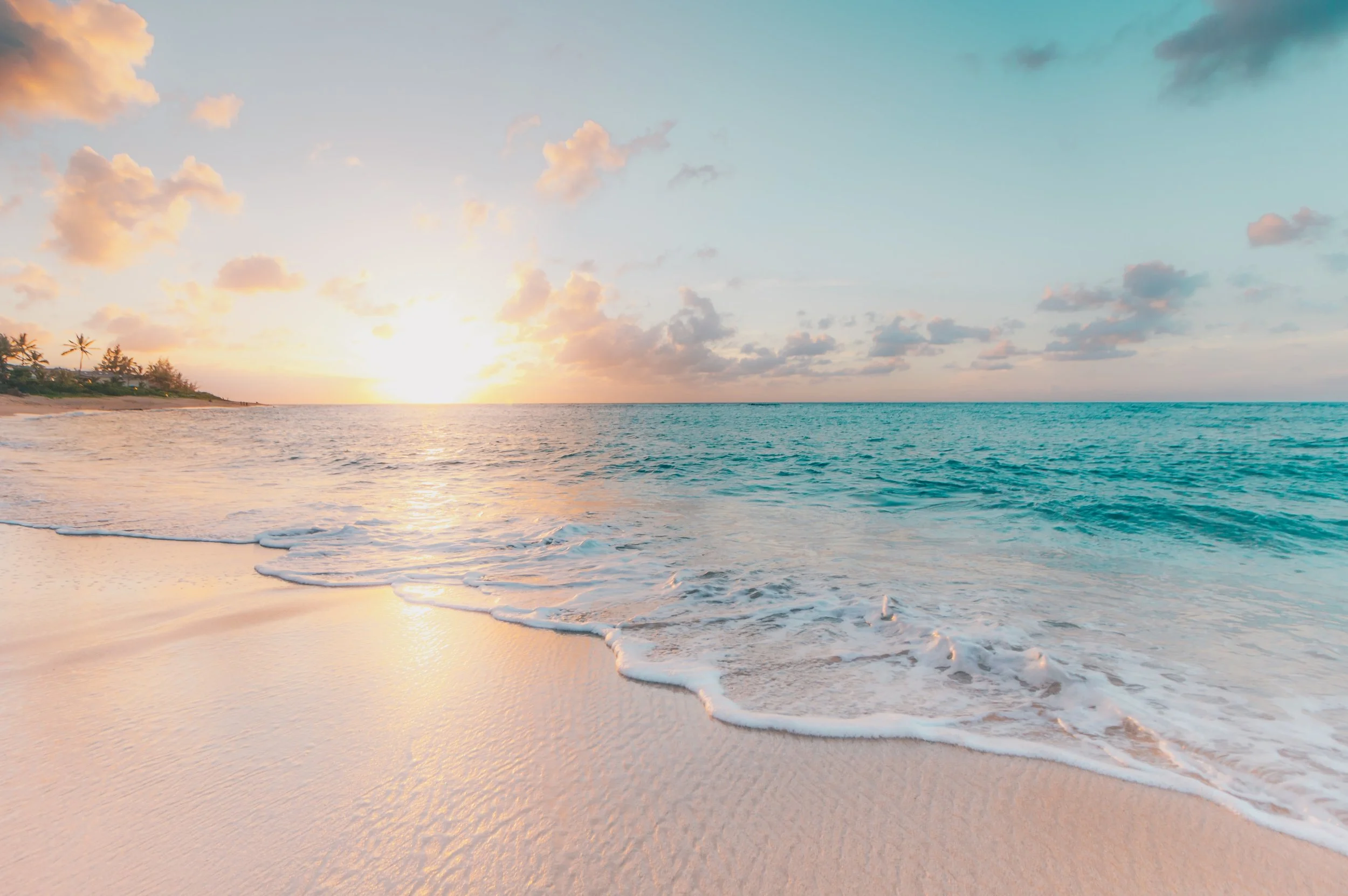This interview was originally posted by Val Bowden on April 10, 2018 on Backpacking Africa For Beginners.
You have to read Part 1 if you want to know more about this amazing married couple, HandZaround, traveling the continent. But if you’re ready to get into the nitty gritty of how they’re making money in Africa, keep reading!
1. Tell me about how you’re able to travel so cheap and sustainably. How much do you end up paying out of pocket? What are you getting covered by tour agencies?
Travelling cheap really is a mindset. Once you get over that you can’t have everything that you did back home (unless you want to pay a lot for it) you begin to find comfort in other things.
Our budget is $30 USD a day for both of us. We use overland transport over airplanes, and take local buses rather than private cars or high-end coaches. Also we try to eat in local places most of the time, rather than places that serve western food and where the menu is available in English.
We monitor every penny that we spend – it’s like a game now! If you are really mindful on what you are actually spending your money on, you tend to spend less. We aren’t complete misers though. Sometimes we splurge on a night out, or a fancy meal.
Also, we sustain our travels by making money in Africa. We reach out to (by email or social media) or get contacted by (people hear about us through friends or recommendations from co-workers) hotels, resorts, tour agencies or tourism boards. We either collaborate or work on film, photography and promotion projects with them. This way most of the time, our accommodation, meals or activities are covered either in exchange for film and/or photographs, or as a part of a paid project.
At the moment, about 30-40% of our costs are being covered by hotels, tour companies and other odd jobs we pick up along the way. Ideally, we want this to be 100%. Maybe as HandZaround grows, it will become easier, fingers crossed!
2. How did you get the first few tour agencies to say yes? What kind of things do you say to them/show them?
Our ‘big break’ came when we were in Laos in March 2017. After travelling for about 4 months before we arrived there, we were getting a bit fed up of always being tourists. We wanted to do something more productive. We decided to try ‘Workaway’ at a fancy bar in Luang Prabang, who were looking for someone to teach the Laos staff English, and someone to take pictures and create promotional material for the bar . Being a teacher and a photographer by trade, we were the perfect fit.
See Also: Backpacking Africa Gear: My FAVORITE (& Affordable) MUST-HAVE Item!
This led to a little job for a café in the same town, and another opportunity to create a film for the lovely Manda Lao Elephant Sanctuary there. This gave us hope that maybe our skills could be useful to others. Maybe we could make something of it.
Previously we had a portfolio. But it consisted mainly of Hanna’s fashion and event photography, so we had to build a new one from scratch. We showed the first couple of our collaborators our photography portfolio from the first countries that we visited. They gave us a chance to join their tours or stay at their hotels in exchange for film and photographs.
Nowadays before we arrive to a new place, we will research the hotels, tour companies, restaurants etc. that we can find and send out emails. Honestly, 80-90% of people don’t reply. They surely get a lot of offers like ours of others making money in Africa. But the ones that do are enough for us to keep going and seeing new places whilst staying in our budget. As our portfolio grows stronger, we start to get more and more responses and paid jobs.
3. We have to talk about your drone! What kind is it? How hard is it to travel with? And would you recommend other travelers (even those who aren’t using their photography to sustain their travels) to bring one?
DJI Mavic Pro – Absolute game changer! We love it. The locals are fascinated by it.
See Also: How Much Does Backpacking Africa Cost?
It is pretty easy to travel with because it is compact and folds away. Like all our equipment we are always super careful with it.
However, having a drone is quite complicated. As they become more popular and laws are ever-changing, many countries require you to have a permission to even bring a drone in. But they don’t have any system to apply for such permission!
Having the drone lets you see a place from a different perspective (as obvious as that sounds) and makes you explore it in a different way. It takes a little while to get the knack of flying safely though (we did lose our droneonce…. ), but if you have the ability to take one with you, then YES! You should definitely take one!
We still have a long way to go through Africa. In some countries (e.g. Rwanda), it’s illegal to even have a drone, unless you have a permission, which can be issued only if you’re a resident. So let’s see how the story unfolds in the coming months haha! We’ll have to figure something out because we’re not parting with our drone for sure.
4. What’s your favorite travel gear purchase that you recommend all backpackers to buy before they come?
A LifeStraw bottle! Not only you can save money because you can drink tap water (the filter kills 99.99% of dangerous bacteria), but you don’t contribute to the world’s problem with plastic. We’ve been using our bottles for over a year now and they’re irreplaceable. And a solar charger with USB ports – so useful, especially in Ethiopia, where power cuts happen so often!
5. You guys have done an amazing job at meeting new people, getting connected in the community (after all, you did plan the 1st pub crawl in Ethiopia!), finding an apartment to live in, and so much more in such a short period of time. How have you managed to do that? What’s your advice to other backpackers on how they can also integrate into a new country?
Getting connected is super important when you arrive to a new place. Being flexible when opportunities come up is crucial, and just going with the flow is everything. We try not to plan too much. We often say yes. Also we try to chat to everyone and exchange advice. We’re just open to all the ideas.
See Also: First Time Backpacking Africa: Experience of an African American Girl Traveling Solo
That’s true in Addis too. We met quite a lot of people and simply by word of mouth it turned out that there is someone who has an apartment, someone who needs a filmmaker, other that needs a photographer, etc. It was a sheer coincidence. But being friendly to everyone and trying to get to know them always helped.
Our best advice would be to get yourself organized with where you are staying. Then just walk around to different places. Try and find some other travelers and talk to them about their experiences. Go to the places where you see lots of local people, try to eat and drink what they do. This usually starts a new conversation. That’s how you slowly integrate, without even realizing it!
Now you know how they’re making money in Africa, but if you’re interested in learning what it’s like to travel as a couple or the difference between being a tourist in Asia vs Africa, read “Married Couple Backpacking Africa (while making money!): Part I!”
Zach & Hanna from HANDZAROUND are discovering local cultures through stories, film, and photography. They’re a dynamic married couple backpacking Africa after leaving their jobs in the education and film sectors. They started off in Asia and quickly transformed their video & photography skills to do high level ads, commercials, & services for those in the hospitality & tourism sectors. To learn more about their journey across Africa, follow them on Facebook, Instagram, and Youtube.
